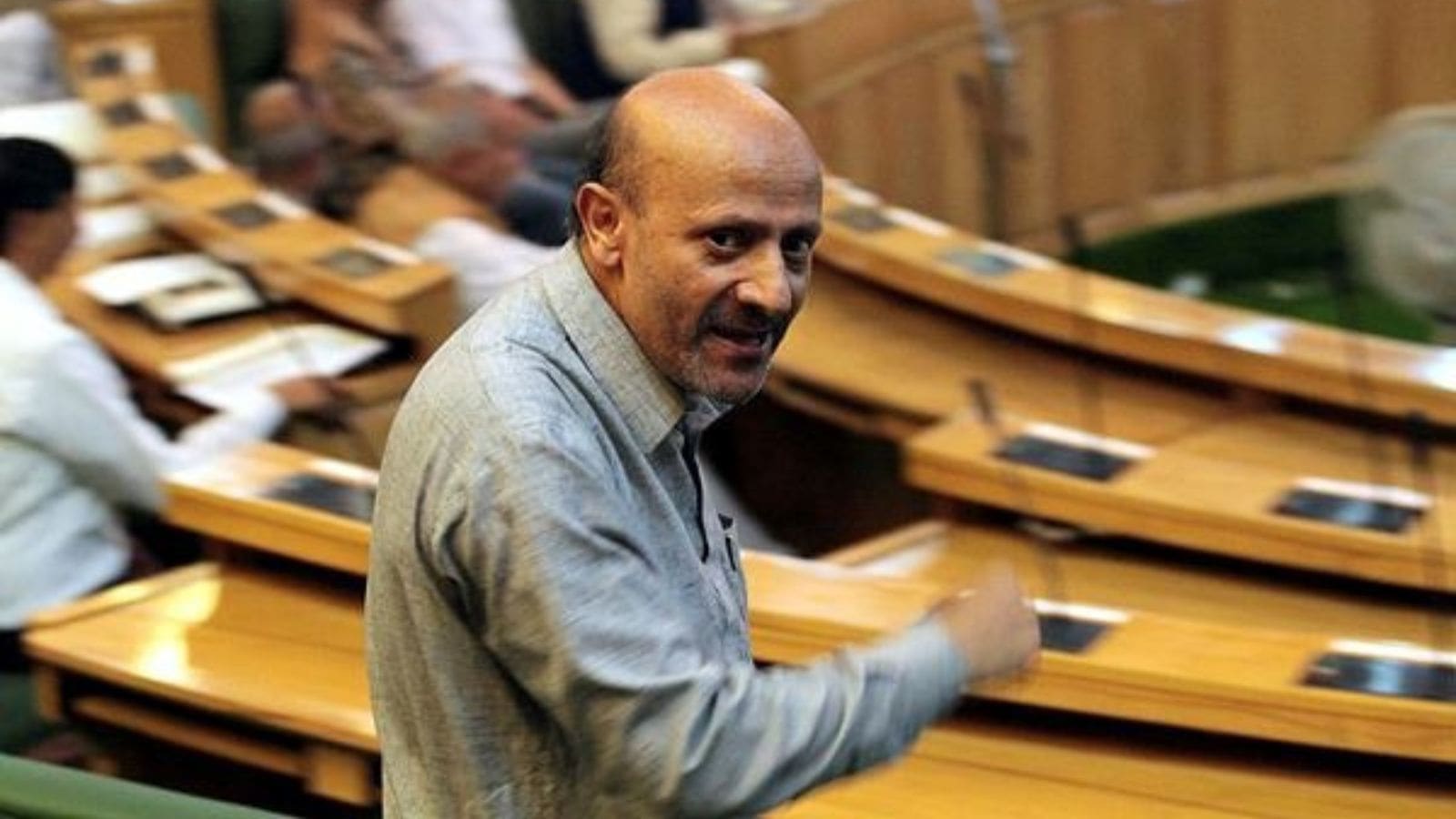 |
|
The case of Engineer Rashid, an Independent MP from Jammu and Kashmir, highlights a complex jurisdictional conflict within the Indian legal system. Rashid, arrested in 2019 on terror funding charges under the Unlawful Activities (Prevention) Act, has been embroiled in a legal battle concerning the appropriate court to hear his bail plea. The core issue revolves around whether a special court constituted under the National Investigation Agency (NIA) Act, if designated as a special MP/MLA court, can simultaneously adjudicate cases involving MPs/MLAs under the NIA Act and other offenders accused under the same Act but not holding parliamentary or legislative positions. This intricate jurisdictional question has left Rashid's bail plea stalled, and the Delhi High Court has now sought clarification from the Supreme Court.
The Delhi High Court’s registrar general’s application to the Supreme Court underscores the significant procedural hurdles in this case. The application points to a specific instance where the Enforcement Directorate (ED) and the NIA had requested the designation of an NIA court as an MP/MLA court for Rashid’s trial, highlighting the administrative entanglement and bureaucratic complexity that further delays justice. The application reveals that while three courts in Delhi operate as designated MP/MLA courts, there's a lack of clarity on their jurisdiction regarding cases involving both MPs/MLAs and other defendants charged under special Acts like the NIA Act. The High Court's concern is primarily around avoiding the substantial time delay that would result from establishing a new court and transferring the case, a process that would be protracted, especially given that Rashid's trial is already underway. The High Court’s pragmatic approach is aiming to find a quicker solution while adhering to established guidelines.
The dilemma facing the court stems from the need to ensure swift justice while respecting the existing legal framework. While the existing designated MP/MLA courts are established to handle cases involving lawmakers, designating an NIA court to serve this dual purpose requires a deeper understanding of existing legal provisions and potential conflicts of interest. The potential for a lengthy delay in resolving the jurisdictional question underscores the limitations of the current system when confronted with unusual situations like this one, where an individual is simultaneously subject to prosecution under both a specialized Act and provisions concerning lawmakers. Rashid's situation highlights the need for greater clarity in the interaction between specialized courts, such as those created under the NIA Act, and general courts designated to try MPs/MLAs. This ambiguity is not only delaying Rashid's case but potentially affects other individuals facing similar situations.
The ongoing back-and-forth between the Delhi High Court, the Supreme Court, and various investigative agencies demonstrates the intricate nature of the jurisdictional issue. The involvement of the NIA, the ED, and the Delhi High Court reflects the multi-layered governmental processes involved in resolving such complex legal matters. The case also reveals the potential inefficiencies within the system when administrative and judicial processes do not clearly align, leading to delays and uncertainty. Justice Mahajan's issuance of a notice to the registrar general highlights the urgency of the situation and the judiciary's commitment to resolving the jurisdictional impasse, albeit within the framework of established legal procedures. The court's decision to seek further information before making a ruling demonstrates due process and a commitment to fairness for all parties involved.
Ultimately, the resolution of this case will set a crucial precedent for future cases involving similar circumstances. The outcome will clarify the interplay between special courts established under specific laws and the courts designed for MPs/MLAs, shaping future practices in handling similar jurisdictional conflicts. The Supreme Court’s intervention will be critical in offering clarity on the existing laws, potentially prompting necessary amendments or clarifications to prevent similar situations from hindering the course of justice. The ongoing legal battle highlights the need for streamlining jurisdictional processes and creating a more efficient and clearer framework for the prosecution of cases that involve multiple legislative frameworks and different levels of jurisdiction. The focus on ensuring prompt justice to Rashid while adhering to due legal process is paramount and sets a vital stage for future developments in the judicial system.
